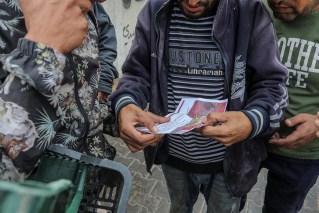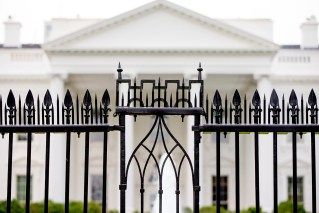Asylum seeker returns not our job: government
The Federal Government insists it’s up to Papua New Guinea to return asylum seekers to their home countries, but is happy to help in the process.
Most asylum seekers detained on Manus Island will be returned within weeks, with PNG Prime Minister Peter O’Neill labelling them economic refugees.
Immigration Minister Peter Dutton said the process was not the responsibility of the Australian government.
• High Court asylum win for Govt
• Asylum seeker case in court
• People smugglers sentenced in court
“If the PNG government is in discussions with Iran, Iraq or other countries about resettlement of people who are currently in PNG, then that’s an issue for the PNG government to comment on,” he said on Wednesday.
Australia would help in talks with countries about whether or not returns are possible.
But it would keep to its international responsibilities not to return asylum seekers where they could face harm.
More than 400 people with rejected refugee claims have been returned home from the Australian-run detention centre, some voluntarily.
Six successful refugees, meanwhile, await resettlement in PNG after being moved to an Australian-built transit centre outside the Manus capital, Lorengau.
Tensions flared at the detention centre this month after hundreds of asylum seekers started a hunger strike, while at least one man swallowed razor blades.
Mr Dutton warned “ringleaders” about coercing and manipulating others into acts of self-harm.
“We won’t tolerate this behaviour,” he said.
Local police had seized a number of banned items, including home-made weapons, following recent raids, he said.
The government has conducted 15 “returns” of people on boats since Operation Sovereign Borders began, some to Indonesia and Sri Lanka.
At least one was since Mr Dutton took office in late December.
Operation Sovereign Borders commander Lieutenant-General Angus Campbell said people smugglers were becoming increasingly desperate.
“Their business is under great stress and continues to be under great stress. But we need to maintain the pressure and the vigilance,” he said.








